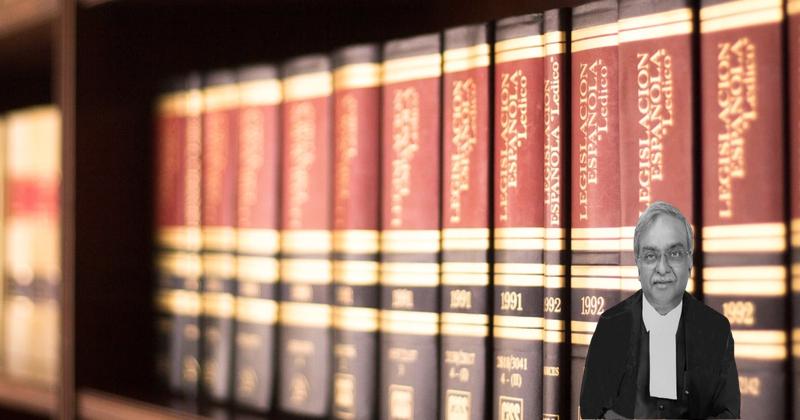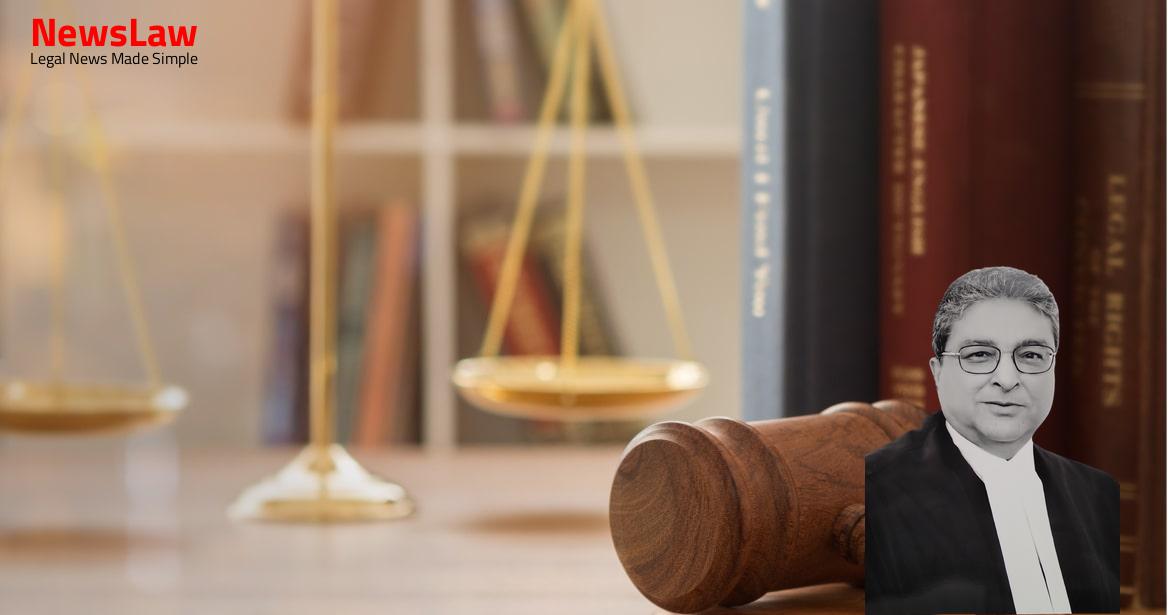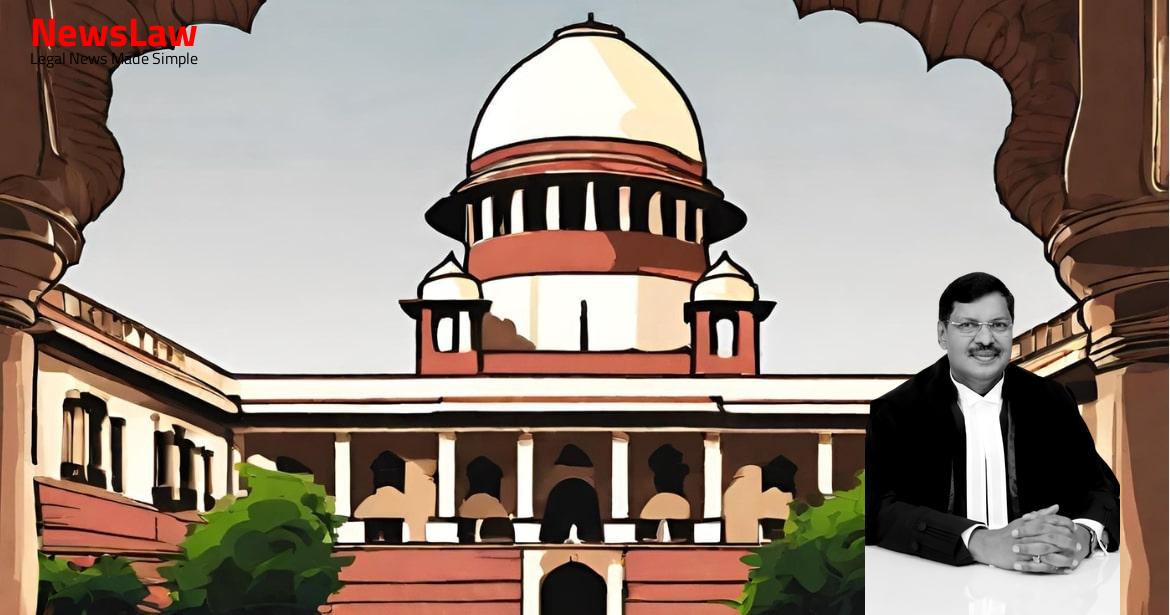348, 349 and 357 of 2020 filed by the appellants herein seeking quashing of the order dated 22 March 2017 passed by the Metropolitan Magistrate, Railway Mobile Court, Andheri, Mumbai (hereinafter referred to as the “trial court”), thereby issuing summons to them.
Also Read: https://newslaw.in/case-type/criminal/abuse-of-process-of-law-a-case-of-delayed-fir-filing/
Accordingly, the complainant/respondent No.1 executed a Letter of Pledge (for short, “LoP”) in favour of accused No.1 Company, pledging 15,00,000 of its equity shares as security, with each share valued at Rs. On 3 May 2000, accused No.1 Company issued a notice to the complainant/respondent No.1 asking it to pledge additional shares as the value of the pledged shares had decreased to Rs.
the due date, and therefore, it informed accused No.1 Company that it could sell the pledged shares to realize the due amount, and remit the excess amount to the complainant/respondent No.1. On 2 August 2001, accused No.1 Company issued another notice to the complainant/respondent No.1, demanding the repayment of the ICD of Rs. However, on the same day, accused No.1 Company invoked the arbitration clause in the ICD agreement and appointed a Sole Arbitrator, claiming the outstanding amount due from the complainant/respondent No.1. Vide order dated 16 January 2016, the said criminal revision application was allowed, and the matter was remanded to the trial court, who was directed to re-record verification under Section 200 of the Code of Criminal Procedure,1973. Pursuant to the remand order dated 16 January 2016, the trial court, vide order dated 22 March 2017, issued process under Sections 406, 420 read with Section 34 of the IPC read with Section 15-HA of the Security Exchange Board of India Act, 1992 (for short, “SEBI Act”) against accused Nos. We have heard Shri Shyam Divan, learned Senior Counsel and Shri Vaibhav Malhotra, learned counsel appearing on behalf of the accused Nos. Anjana Prakash, learned Senior Counsel appearing on behalf of the complainant /respondent No.1 and Shri Siddharth Dharmadhikari, learned counsel on behalf of the respondent No.2-State.
He submits that the same is challenged by the complainant/respondent No.1 by a proceeding under Section 34 of the Arbitration and Conciliation Act, 1996 (hereinafter referred to as the “Arbitration Act”). Singhvi, on the contrary, submits that the complainant/respondent No.1 had informed the accused persons/appellants herein as early on 5 June 2000 to sell the shares. Under the said ICDA, accused No.1 Company had agreed to grant the complainant/respondent No.1 the said ICD of Rs.50,00,000/- for a period of 90 days at an interest rate of 26% per annum.
The complainant/respondent No.1 has also irrevocably agreed that it shall arrange to issue an irrevocable instruction to its dematerialized participant to mark a lien in favour of the lender till the ICD and any other dues remains unpaid. Similarly, if any shortfall in the security pledged vide LoP executed, subject to which facility was granted, was not replenished even after giving due Notice, accused No.1 Company was entitled to invoke Clause 9 of the ICDA. However, such invocation of pledge will not amount to sale of share to the lender and the borrower will not be entitled to any credit/ adjustment on such invocation transfer of shares to the lenders account on that date. It further provided that such invocation of pledge would not amount to sale of shares to the lender and the borrower would not be entitled to any credit/adjustment on such invocation/transfer of shares to the lender’s account on that date.
Also Read: https://newslaw.in/case-type/criminal/analysis-of-circumstantial-evidence-conviction-reversed/
The complainant/respondent No.1 has further agreed that it would not question whether accused No.1 Company had got the best price for the securities. The accused not only misappropriated the shares, but also cheated the complainant as the securities were handed over only as a surety in trust and on assurance of the accused which later proved to be false that the same will be dealt as per guidelines of SEBI. Another allegation made before the arbitration proceedings was that accused No.1 Company had manipulated the price of the shares. Pertinently, the average price at which-the pledged shares were sold by the Claimant on 24.03.2001 works out to Rs.2.47 per equity share, as per Respondent No l’s own assertion [as mentioned in undated written note referred in para b (supra)).
However, since the accused persons/appellants did not give the information, the complainant/respondent No.1 applied to Bombay Stock Exchange (for short, “BSE”) and National Stock Exchange (for short, “NSE”) in the year 2006 for details of sale of its shares by the accused persons/appellants on 24 August 2001, 31 August 2001, 3 September 2001 and 12 September 2001. Though, it is sought to be urged by the complainant/respondent No.1 before us that it came to know about the fraudulent act of the accused persons/appellants in the year 2009, which gave a cause of action to it to file the complaint, there is no averment to that effect in the complaint.
Though the complainant/respondent No.1 was aware about the sale of the shares in the year 2001, it did not do anything except filing an application before the learned Arbitrator.
Also Read: https://newslaw.in/case-type/criminal/quashing-of-proceedings-in-criminal-case-no-542-of-2020/
As already stated hereinabove, though an attempt was made at the time of hearing to contend that it has only filed the complaint after it came to know about the fraud in the year 2009, there is no averment to that effect in the complaint.
Pending application(s), if any, shall stand disposed of.
Case Title: PRAKASH AGGARWAL Vs. GANESH BENZOPLAST LIMITED (2023 INSC 464)
Case Number: Crl.A. No.-001308-001308 / 2023



